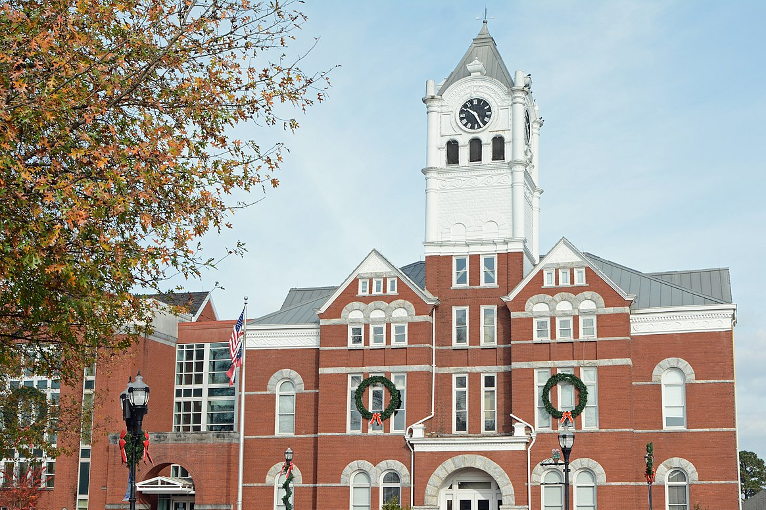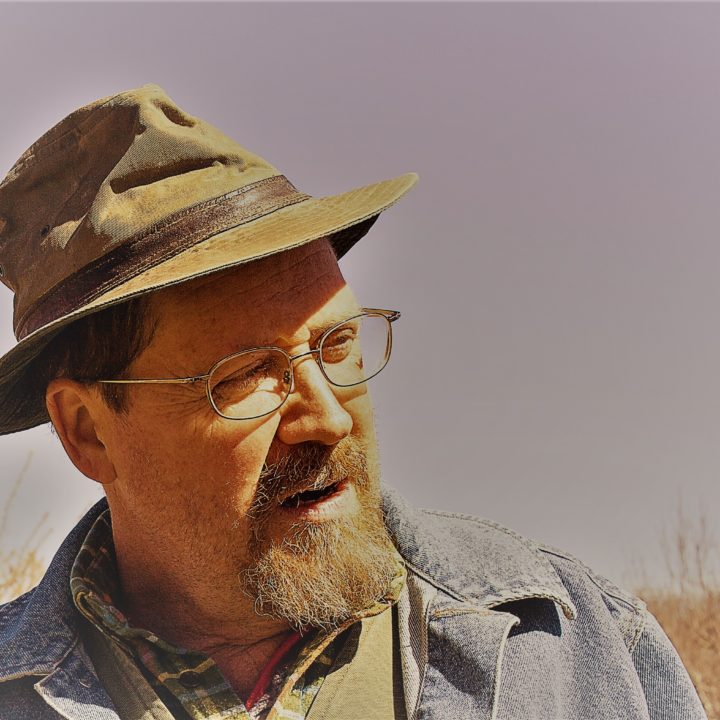The best journey always begins with, “I got off the interstate on a two-lane road….” On that road there is not a gas station or convenience store or Arby’s to clutter the view. Instead, the road is among the more hopeful of exits from our sameness. It takes us away from our desire to cut through and over, from our need to engineer our way from point A to point B with the greatest of efficiencies.
That there was nothing at this particular exit was something, an overlooked something. A lane that weaves among old trees, old homes, small towns, small and large farms, herds of cattle, and the ghosts of tobacco fields. A road that leads eventually to New Castle, county seat of Henry County, Kentucky.
Its rural roots still in evidence with its barns and tidy farmhouses, Henry County is threatened on the west by a consuming yellow growth on the map. The name doesn’t matter, but for our purposes we will call it the “true nothing.” There, a horde of our species exists, locust-like, devouring the land and its resources, imagining itself, as it navigates between Costco and Starbucks, to be the center of the universe.
That we have reconfigured the particles present at the creation into a geegaw landscape is our true sacrilege. Offered up now is an asylum for those fearful of the dirt. It’s a place where the inmates, swaddled and cocooned safely away from the open windows, are allowed to conceive that they were not fashioned from that very same soil that lies, bricked and paved over, under their feet. Where, in their cells at night, they conjure that their atomized consumer ways are the definition of culture and community. Where not knowing is confused with knowing. Where “nothing” is mislabeled as “something.”
In New Castle, I stopped at the diner around the corner from the courthouse. Over a plate of turnip greens, beans, country-fried steak, and cornbread, I felt that I was somewhere knowable. Somewhere small enough that you not only knew your neighbors, but that there was a good chance you’d gone to school with them years before and that you would attend their funeral years in the future. To me, that’s a hopeful way to live.
My turnip greens now polished off with the last crumbs of cornbread, I stepped outside. A group of farmers had set up produce tables on the courthouse lawn, in the shade of a colony of massive white oaks. A Walmart tractor-trailer nudged up to the intersection. From its open windows blared rap music, the sound of nothing in a vehicle containing nothing. The perfect summation for what we lose when we surrender our something, forget that we came from dirt and are dirt in the making.
…………………………………………………………………………………
Reading this weekend: Tobacco Harvest: an elegy, by Wendell Berry
Teaser photo credit: By Jud McCranie – Own work, CC BY-SA 4.0






